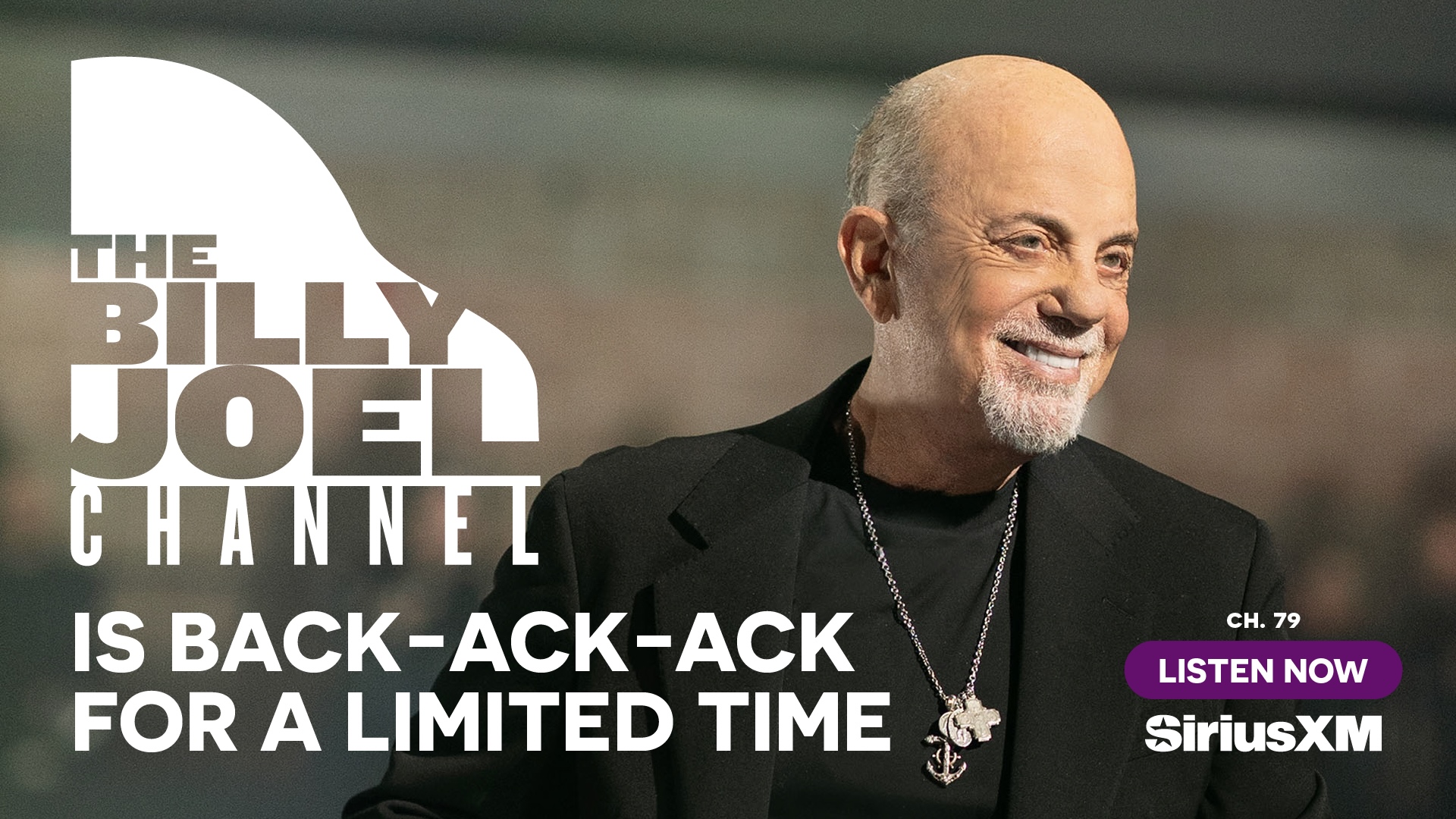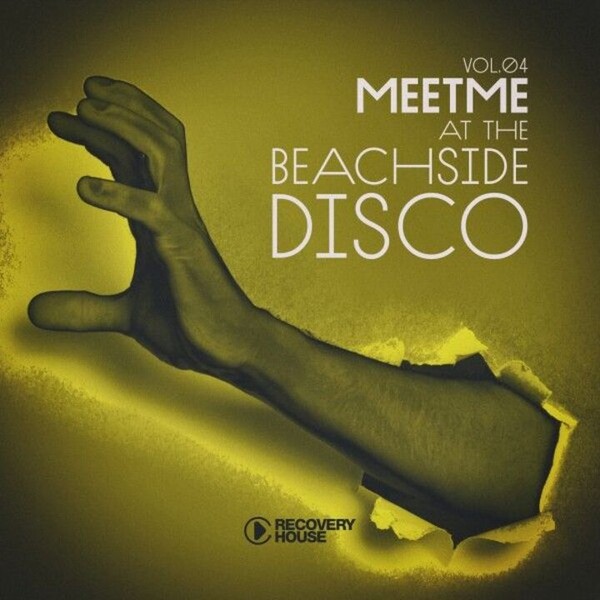“Girl, so confusing” was everything a pop fan wanted from two great stars who had been pitted against each other: a naked call-and-response that divulged the manufactured rivalries embedded in every female singer’s narrative. Undeniably, Lorde sounds marvelous on A. G. Cook’s spasmic explosives, but electronic panache – judging from the singles thus far – doesn’t serve her new songs about internal crises with no resolved future in foresight well enough. If BRAT guards vulnerability behind glazed confidence, then Virgin revels in it on open ground; both have different redeeming qualities. So it’s a little unsettling to still see some people throw them in a rooster fight to guage who overrides whom. Doesn’t history just repeat itself?
From the remix and teases on social media which spanned over a year, we knew Lorde would in some way return to the synthesizers that earned her David Bowie’s “future of music” title. I personally find myself more gravitated towards Solar Power as time lets its slow-burn beauty manifest in the interim, but it’s inevitably hindered by occasional innocuous lyricism. Virgin, though, houses some of her sharpest and starkest writing yet. She cares less about words that sound good like on Melodrama and more about those that find balance in bluntness, comicality and pathos. The opening line is telling enough: “There’s a heat in the pavement, my mercury raising / Don’t know if it’s love or if it’s ovulation.”
In perhaps trite summary, these tracks are grueling, hyperbolic sisters to “Liability”. But instead of terming herself anything concrete, Lorde prefers ambiguity and abstraction. “Shapeshifter” delves into the perks of having solely surface-level connection with one-night-stands so that her diverse personalities can coexist through non-commitment. The refrain “I just wanna fall” thus uses the imagery of plummeting from high ground to a full extent; consider the act of parachute, external forces like wind currents – in different degrees of power – take lead in determining where exactly you land. Lorde’s tasteful embrace of fluidity in expression and refusal to slide into any conclusive assumption is Virgin’s most compelling strength. Even if the music’s painfully minimalistic and uneventful, her voice is a hurricane with guttural words as its generous source of energy.
On an album ripe with visceral emotion, “David” is an instant highlight for its wise performance in engaging with obscurity. All of her previous works always contain a clearcut motive and mindset; pending inquiries find their individual answers along the tracklists. Virgin poses them, too, but asks, rhetorically: why the need for answers? For the first time in her career, Lorde, who has been deemed sagacious since the age of sixteen, allows herself to not know. The least she does is it might help to share, hence the ending line “Tell it to them” that echoes yet at the same time reverses the conviction of that of Pure Heroine’s. She achieves a new level of intimacy and honesty from this. Depending on how closely listeners relate, “Clearblue” resembles either a personal rant or a communal chant, and that touches people in ways like never before.
People have been comparing lead single “What Was That” with “Hard Feelings/Loveless” in terms of production. If Lorde’s “return” to synth is to be in conversation with its predecessor Melodrama as a means to acknowledge her stylistic growth – improvements and whatnot – then Virgin may be examined side-by-side on how well sound and melody accompany words. There are a handful of songs relying on build-ups that don’t pay off to their could’ve-been greatest potential. “Man of the Year” implodes and is seized sporadically like a well-heard-before template (see how it’s uncomfortably similar to Benson Boone’s “Beautiful Things”). The contemplative rhythm of “Current Affairs” is severely commonplace to be employed alongside Dexta Daps’ “Morning Love” sample, which is a startling but transfixing choice.
Lorde’s non-lexical vocables – a prominent and meaningful aspect of Melodrama – hold less impact here as their alarming predictability, both in execution and placement, gives a sense of necessity to fill in the void of musical restraint more than that of specialty that drives the record’s concept. Jim E-Stack and Dan Nigro’s contribution notwithstanding, the production quirks suffer from the same issue. Basslines tend to whimper in unattractive simplicity, and pitched piano arrangements feel too “correct” to exhilarate. She could want her free verse as Virgin’s only star, but some will believe that certain tracks are incomplete. What if the snares on “Broken Glass” were more seething? What if the final seconds of “Hammer” were longer? Virgin is Lorde at her best yet as an affective poet and, frustratingly, at her most tamed as a digital sound designer.

 7 hours ago
4
7 hours ago
4


















 English (US) ·
English (US) ·